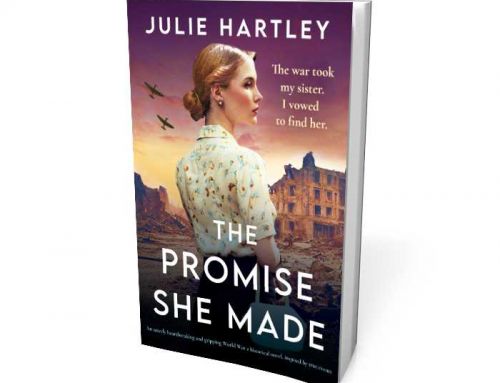Are you interested in writing historical fiction? Here is a simple prompt to get you started:
1. Choose a historical event that you find interesting and research it for half an hour. Setting yourself a time limit for the research will minimize the chance that you fall down a rabbit hole in your research!
2. Create a character who may have a unique perspective on this event. This may not even be a person who experienced the event firsthand. For example, imagine the historical event you choose is Dunkirk.The character you choose could be the granddaughter of a soldier who fought in the battle, or, a fisherman who aided in the rescue of Allied troops – and perhaps your story begins with the discovery of a diary in the attic.
3. Set a timer and write for half an hour. Focus only on the story of the character you have created. Your knowledge of the historical event is important, but only in the way it serves your story. Think only about what your chosen character would know and what they experience. When you write historical fiction, it is only the lived experience of your characters that matters. As an example, if your character is fisherman aiding in the rescue of Allied troops from the beaches of Normandy during Dunkirk, then what this character would witness is the chaos of men awaiting rescue.
Historical research serves the need of the story and never the other way around when you are writing fiction.
4. Once you have completed the first draft of your piece, you can read back over it and ask if any other historical research is required to ensure your fiction is credible and authentic. To return to the example above, writing about the battle of Dunkirk from the perspective of a fisherman helping in the rescue would probably mean that you need some awareness of fishing vessels and the work of fishermen during the 1940s on the south coast of England.
Often a historical event may form the background for a story, but the experience of the characters may have very little to do with the wider historical context. To use the example of Dunkirk again, your story might deal with the camaraderie and growing friendships between soldiers, trapped on the beaches of Normandy, and what happens to each of them during the rescue attempt. In this case, the experiences of the individual soldiers and the connection between them is far more important than the wider context of the battle, but there is no way to write the story credibly unless you have an awareness of how events unfolded on that day.
Often fascination with a particular historical event is the starting point for a writer of historical fiction, but this can never replace a fascination with fiction itself!



